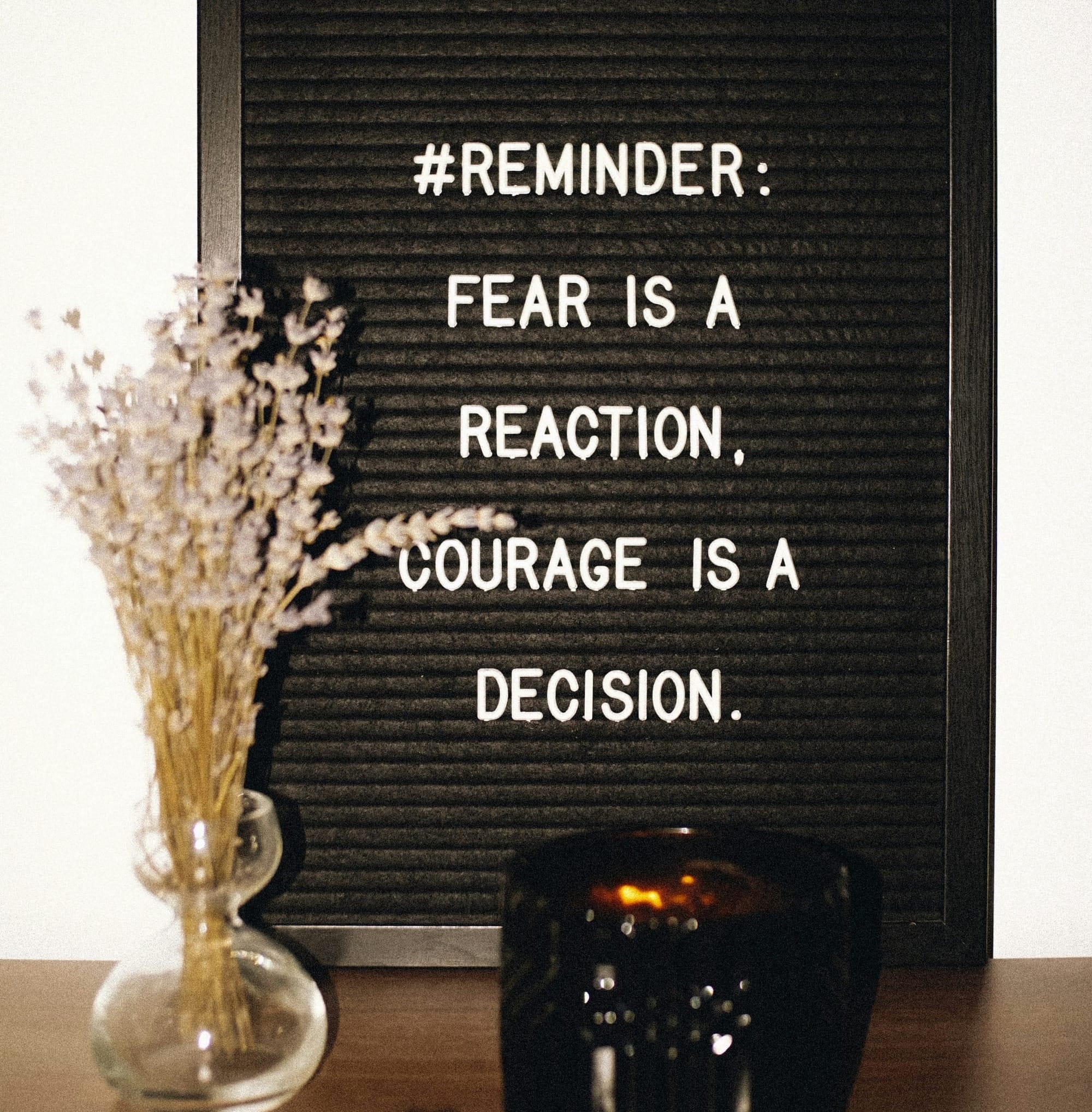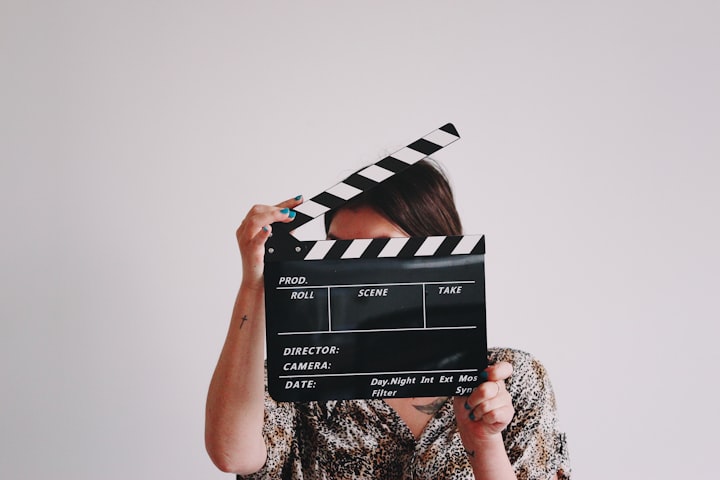We all have to make incredibly difficult choices in complex situations where there are no right answers. Without a process we trust to guide us, the uncertainty of what to do can paralyze us, leaving us unable to move forward – or eat away at us as we agonize over whether we did the right thing.
When the leadership team at our new non-profit sat down to assess our impact, we quickly realized that we had a problem. "Saving the ocean" was too broad a mission for our tiny group. And emerging crises related to plastic and climate change were distracting us even further. We needed to make some tough decisions about where to focus so we could make a measurable difference.
But using traditional "pro and con" frameworks didn't help, because our desire to fix everything kept getting in the way. Our emotions were overruling logical choices. Finally, we were able to tap into the key questions below to get the clarity and courage we needed to move forward with a focus on conservation storytelling only and let go of other issues. [Find out more about the power of saying no].
While logical frameworks can help, I like to ask myself (and my clients) these three questions to get to the heart of what's blocking them and surface the truth.
What's it costing you to keep going like this?
It's easy to forget that everything we do has a cost when we get into a rut or routine. Beyond the real dollar losses of things like climate inaction are other hidden costs related to everything from mental and physical health to relationships and self-respect.
What will happen if you do nothing?
The status quo is a powerful thing, as it often seems easier to do nothing. This question helps us face up to the consequences of inaction, and identify the risks of things like missed opportunities, stagnation and denial.
What would you do if you weren't afraid?
While fear can be a healthy emotion that keeps us safe, it's also the biggest barrier to change. Being honest about what really worries or blocks us can help us see the difference between real and perceived risk, and understand what we need to do to manage that.
Of course, there's one other thing that often helps us wrangle complex decisions – talking to others. Sometimes the thing we need most is a fresh set of eyes on a problem or a different perspective. Voicing our hopes and fears out loud also demystifies them, making it easier to acknowledge and manage whatever is driving them.
Do you have a favourite decision-making process or tool? I'd love to hear about it!






